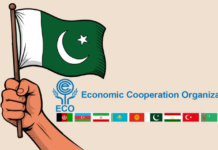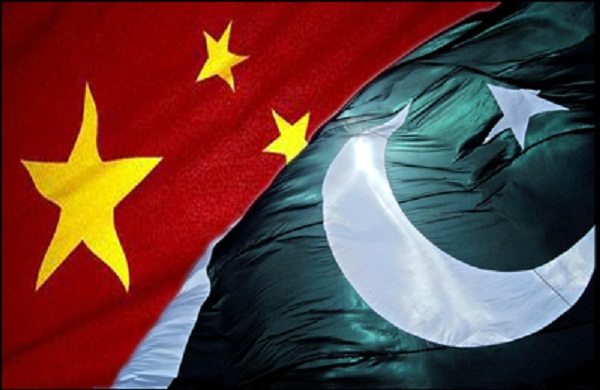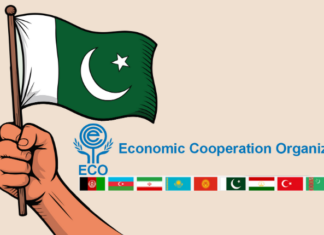Bloomberg economists Ankur Shukla and Abhishek Gupta on Tuesday noted that China is likely to assist Pakistan if the International Monetary Fund (IMF) fails to release funding.
While the IMF is expected to deliver the remaining $2.6 billion in aid to Pakistan under the current bailout program by June, Shukla and Gupta warn that the country could be facing a potential default as soon as June unless it secures aid.
If the aid from the IMF does not materialise, China is expected to step in to plug the funding gap to head off a default. Pakistan is a critical strategic partner of China in the region. As the world’s second-largest economy, China has invested billions of dollars in significant infrastructure projects under the multi-billion dollar China-Pakistan Economic Corridor (CPEC) project, which is a major component of China’s ambitious Belt and Road Initiative (BRI).
A default by Pakistan could pose a threat to Chinese strategic interests, which is why China would have much to lose if Pakistan defaults on its debt obligations. Bloomberg economists argue that broader strategic considerations might tip the odds toward China playing a constructive role in helping Pakistan weather the crisis.
In addition to investments, China has rolled over its funds to provide cushion to the depleted foreign exchange reserve position of Pakistan, which stood at $4.3 billion as of March 10. Last week, China provided a loan tranche of $500 million to Pakistan, which is the second disbursement of the $1.3 billion rollover facility from China’s ICBC.
However, even with China’s support, Pakistan still needs to clear its funding crunch, which includes $7 billion in external debt repayments due by June and a $1.2 billion hole in its current account to fill over March to June.
The government assumes that it will be able to roll over $4 billion of its debt and squeeze by with its small reserve cushion. If other creditor nations, including Saudi Arabia, that have pledged to support Pakistan, do not agree to roll over their loans, the country will probably need to seek another IMF bailout program or more external aid from allies to avoid default next fiscal year.
To read the full article visit www.bloomberg.com

























Nonetheless, China has refrained from directly influencing Pakistan’s economic policies to date. Indeed, as the ongoing IMF loan program has demonstrated, the IMF, World Bank, and Asian Development Bank (ADB) continue to be key players in determining Islamabad’s fiscal policies.
Interesting information. I think we need to look for a lender, because Default is already a serious problem for the country.